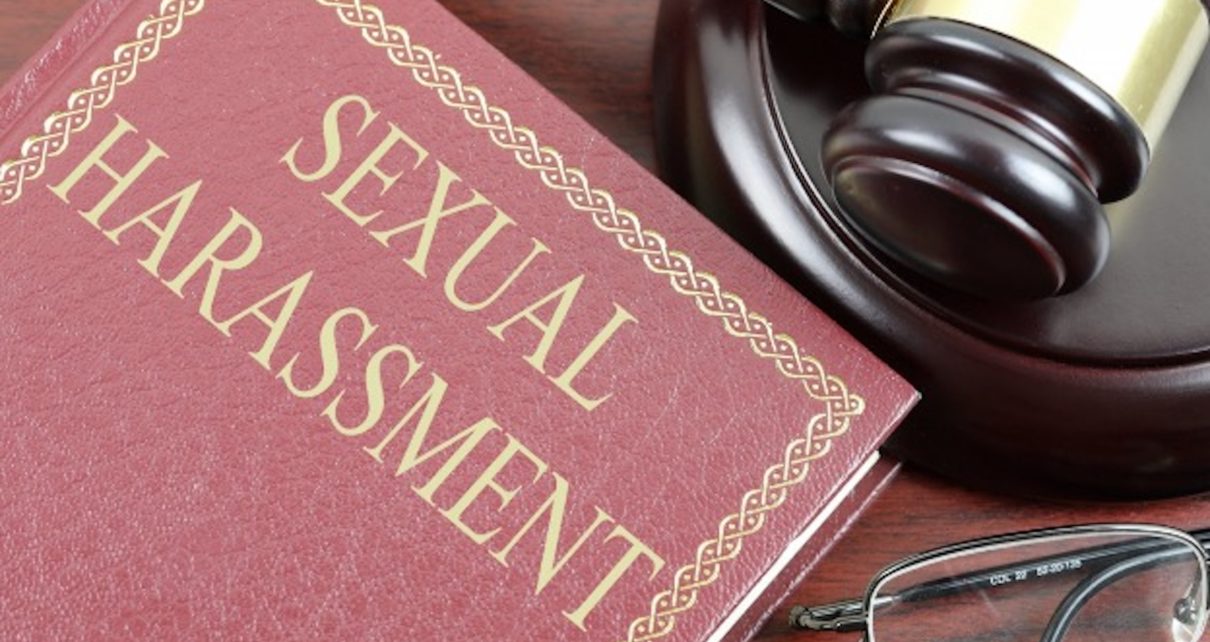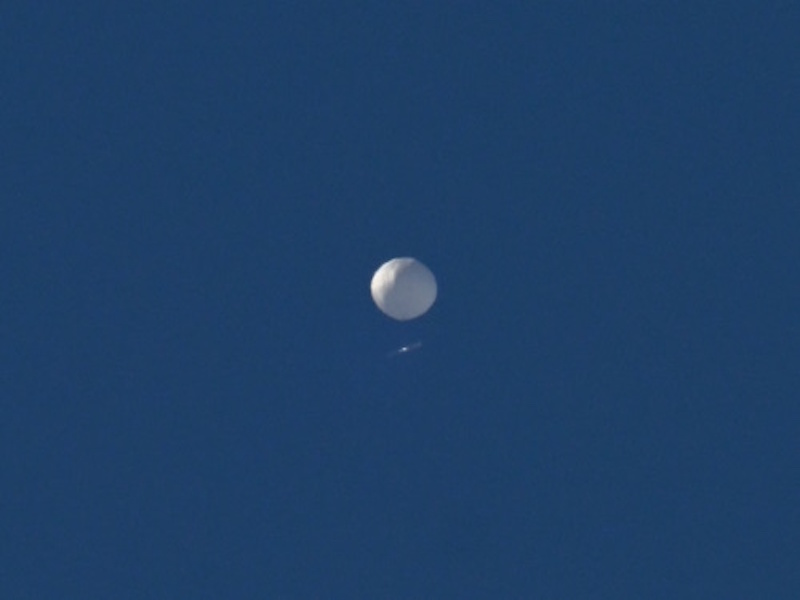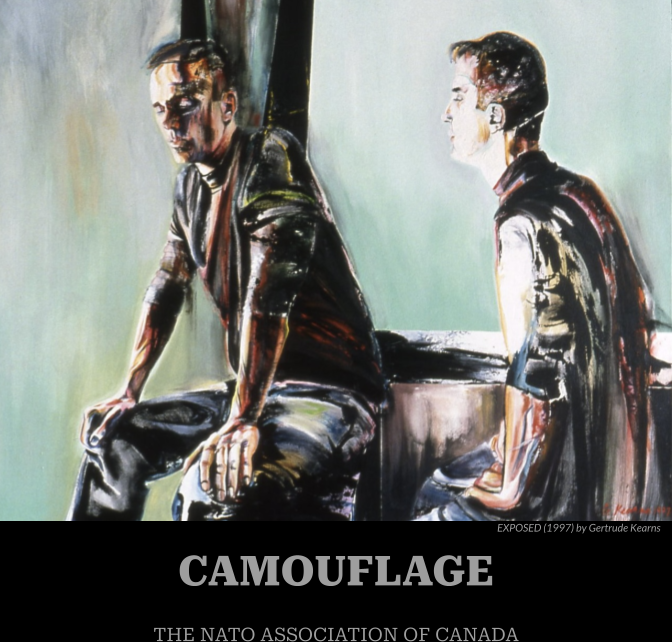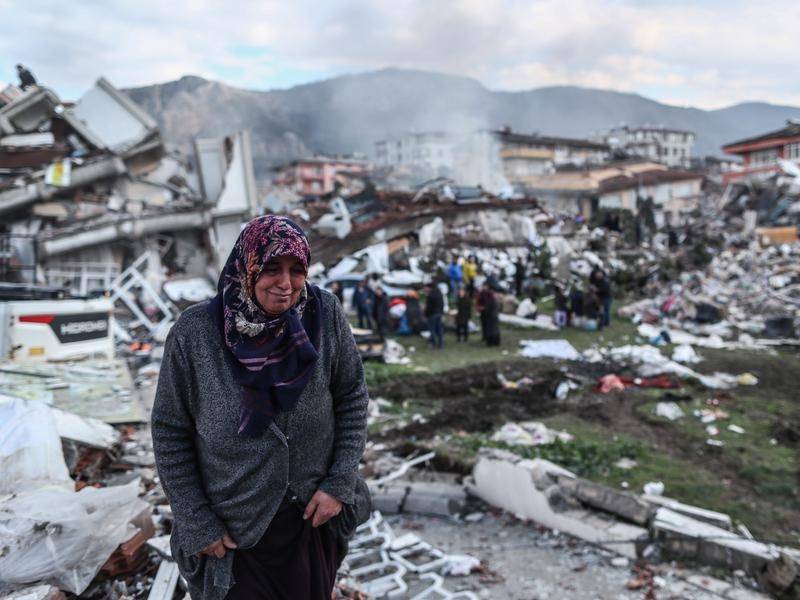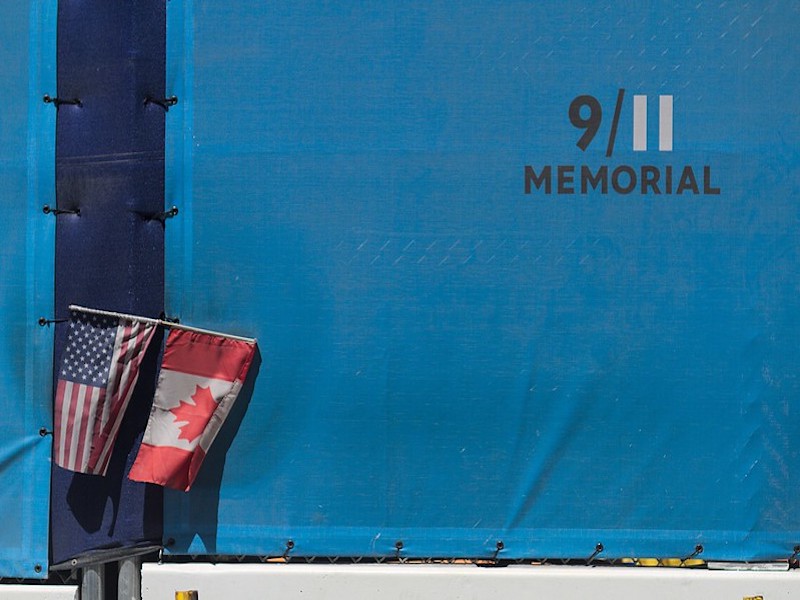In December, 2022, the Canadian Minister of National Defence, Anita Anand, presented a report to the Canadian parliament that related the progress of the Canadian Armed Forces’ (CAF) efforts at reform in the face of widespread reports of sexual assault in its ranks. The last three years have seen the resignation of many high-level Canadian defence officials, Read More…
Society, Culture, and Security
The NATO Association of Canada’s Society, Culture, and Security program takes a look at the issues that impact Canadians’ every day lives while connecting them to international relations. The program covers a wide range of topics, which include: pop culture, art, film, global events, and socio-political relations. In addition, Society, Culture, and IR aims to examine and provide in-depth analyses that relate international affairs to the interests of Canadian society.
NATO on the Iranian Protests and its Struggle Against a Double-Edged Nuclear Deal
With Iran’s nuclear program on the rise and the Iranian people fighting for their rights to be observed and protected, Dania El-Ayoubi discusses NATO members’ responses and the possible revival of the JCPOA.
Stoltenberg’s Warning for Canada
In late August, 2022, Canada hosted NATO Secretary-General Jens Stoltenberg on a two-day visit to Alberta and Nunavut. He toured the Canadian High Arctic Research Station, the North Warning System Site, and met with First Nations leaders and CAF personnel. Prime Minister Justin Trudeau accompanied him on his visit and spoke about Canada’s commitment to NATO and Read More…
What Could the Chinese Surveillance Balloon Mean for Canadian Security?
Mia Kruger rehashes February’s #BalloonIncident, and provides us with a closer look at Canadian airspace security.
Camouflage
The NATO Association of Canada presents Camouflage, which explores themes of peace and security through artistic representations submitted from NATO member Embassies to Canada. Download the volume here.
Young Voters and NATO: A Change in Culture
In this article, Danna Houssian looks at a 2021 report commissioned by NATO to examine how young leaders picture the future of NATO, and how this report signals a changing
organization with changing values.
Earthquake Diplomacy Between Two NATO Allies
Is a natural disaster enough to defuse tensions between two critical NATO allies? Barış Atakan Kafadar explores how earthquake diplomacy has been successful in the past, and why it has the potential to become the catalyst for long-lasting cooperation today.
9/11 and Canadian Transportation Security: A Conversation with David Collenette
September 11 presented a grave and transformative event for the Canadian transportation sector. In this article, David Collenette, Chair of the NATO Association of Canada and Minister of Transport on 9/11, talks about his experiences on that day, his role in strengthening transportation security, and the contemporary threat landscape.
Did you know? 9 Facts About Money Laundering in Canada Infographic
How much do you know about money laundering in Canada? In this infographic Katherine E. Todd
shares 9 key facts about money laundering like how much money is laundered in Canada, how it happens, and what the government has done to stop it.
AI’s Impact on Society and Security
Artificial intelligence is a rapidly advancing technology that influences much of daily life in economically advanced countries. It has the ability to benefit a wide range of industries, from internet-based businesses to weapons manufacturers; however, applications of AI is not without risks.

